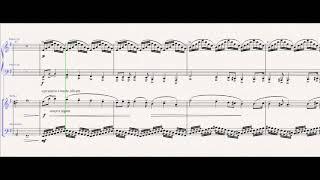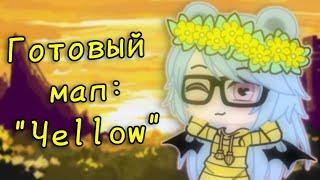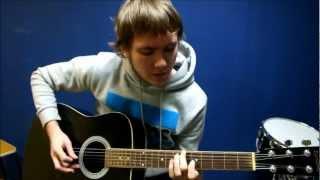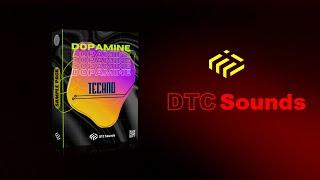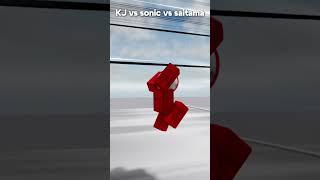
My Composition - Piano Trio in A minor, op. 12 (Complete)
This is my new composition - the Piano Trio in A minor, op. 12. It is subtitled "War Trio", and depicts events in conflicts. It is down to interpretation about what each part of the trio represents, but these are my thoughts and the timestamps:
00:00 - I. Prologue: Nocturne (A minor)
06:00 - II. Military Scherzo (E-flat minor)
09:49 - III. Intermezzo: Remains (G minor/B-flat major - G major)
16:05 - IV. Epilogue: Eternal Memories (E minor)
• First movement - Begins as a nocturne, but before long it is interrupted by much faster themes which leads to a very restless and undecisive section. The tensions remain unresolved until the da capo, where the opening theme returns again.
• Second movement - This movement is in the awkward key of E-flat minor (I don't know why I picked it because it has no relation to A minor!), and it depicts the rising military fighting through the fast and driving rhythms in which it opens. The secondary theme is much quieter to emphasise the constant polar extremes of the war. Before long, the development section begins with another fast and upbeat theme, which is first presented on the piano and later imitated on the violin and cello. After a return of the opening theme, a sudden coda begins with severely unexpected 'sirens' imitated by cello glissandos. The movement ends with a return of a descending scale, and chords which die away.
• Third movement - After brutal action-packed fighting and destructions, a 'ruined city' is presented. I was never sure how to represent this, but its primary theme is very melodic. After a climax with all instruments, it dies away to questionably playful pizzicato themes (where the inhabitants are perhaps creeping about in distress). The movement ends with a fortissimo descending G minor scale. Whilst on the subject, the tonality is also unusual in this movement. It is concluded on a picardy third (G major chord to contrast).
• Fourth movement - Not much explanation is needed; this is the most poignant movement. The memories of war and brutality are forever within the minds of the inhabitants. After a somewhat livelier development section, the moving and poignant themes return again, and the trio ends very subtly with several chords at a very low dynamic.
Thank you for listening/watching, and I hope you enjoyed it.
Please consider liking this video, and subscribing to my channel more more exciting videos!
00:00 - I. Prologue: Nocturne (A minor)
06:00 - II. Military Scherzo (E-flat minor)
09:49 - III. Intermezzo: Remains (G minor/B-flat major - G major)
16:05 - IV. Epilogue: Eternal Memories (E minor)
• First movement - Begins as a nocturne, but before long it is interrupted by much faster themes which leads to a very restless and undecisive section. The tensions remain unresolved until the da capo, where the opening theme returns again.
• Second movement - This movement is in the awkward key of E-flat minor (I don't know why I picked it because it has no relation to A minor!), and it depicts the rising military fighting through the fast and driving rhythms in which it opens. The secondary theme is much quieter to emphasise the constant polar extremes of the war. Before long, the development section begins with another fast and upbeat theme, which is first presented on the piano and later imitated on the violin and cello. After a return of the opening theme, a sudden coda begins with severely unexpected 'sirens' imitated by cello glissandos. The movement ends with a return of a descending scale, and chords which die away.
• Third movement - After brutal action-packed fighting and destructions, a 'ruined city' is presented. I was never sure how to represent this, but its primary theme is very melodic. After a climax with all instruments, it dies away to questionably playful pizzicato themes (where the inhabitants are perhaps creeping about in distress). The movement ends with a fortissimo descending G minor scale. Whilst on the subject, the tonality is also unusual in this movement. It is concluded on a picardy third (G major chord to contrast).
• Fourth movement - Not much explanation is needed; this is the most poignant movement. The memories of war and brutality are forever within the minds of the inhabitants. After a somewhat livelier development section, the moving and poignant themes return again, and the trio ends very subtly with several chords at a very low dynamic.
Thank you for listening/watching, and I hope you enjoyed it.
Please consider liking this video, and subscribing to my channel more more exciting videos!
Комментарии:
MRS. G ADVENTURES is going live! The Magic Mic is back
MRS. G ADVENTURES🇺🇸
Good Morning CaneSport 12.23.24 Miami Hurricanes News of the Day
CaneSport Miami Football
Loverboy Backing Track | LOVIN EVERY MINUTE OF IT | Key E
Soul Forty5 Music
| готовый мап | "Yellow" | by: Минэко Роджерс |
• Минэко Роджерс •
Танцы Минус Половинка (Разбор)
Alexey Konkov
Toddler Learning Videos- Preschool Online - Educational Videos for Toddlers in English
Ms Rachel - Toddler Learning Videos
Shapaloq - Tabakaxo'r Timon (hajviy ko'rsatuv)
YangiKulgu Official
Zengin Kız Fakir Oğlan 119.Bölüm @NostaljiTRT
Zengin Kız Fakir Oğlan
How to Play a New Course - Course Management 101
Golf Sidekick
